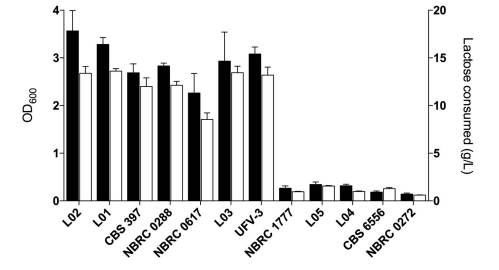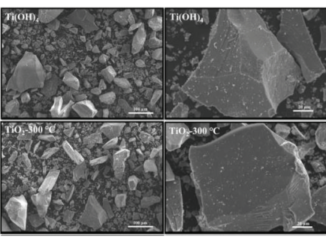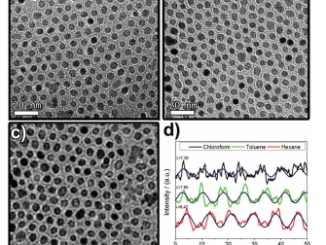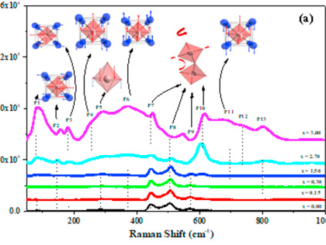
Ploidy Variation in Kluyveromyces marxianus Separates Dairy and Non-dairy Isolates
Abstract: Kluyveromyces marxianus is traditionally associated with fermented dairy products, but can also be isolated from diverse non-dairy environments. Because of thermotolerance, rapid growth and other traits, many different strains are being developed for food and industrial applications but there is, as yet, little understanding of the genetic diversity or population genetics of this species. K. marxianus shows a high level of phenotypic variation but the only phenotype that has been clearly linked to a genetic polymorphism is lactose utilisation, which is controlled by variation in the LAC12 gene. The genomes of several strains have been sequenced in recent years and, in this study, we sequenced a further nine strains fromdifferent origins. Analysis of the Single Nucleotide Polymorphisms (SNPs) in 14 strains was carried out to examine genome structure and genetic diversity. SNP diversity in K. marxianus is relatively high, with up to 3% DNA sequence divergence between alleles. It was found that the isolates include haploid, diploid, and triploid strains, as shown by both SNP analysis and flow cytometry. Diploids and triploids contain long genomic tracts showing loss of heterozygosity (LOH). All six isolates from dairy environments were diploid or triploid, whereas 6 out 7 isolates from non-dairy environment were haploid. This also correlated with the presence of functional LAC12 alleles only in dairy haplotypes. The diploids were hybrids between a non-dairy and a dairy haplotype, whereas triploids included three copies of a dairy haplotype.
Author(s): Ortiz-Merino, RA; Varela, JA; Coughlan, AY; Hoshida, H; da Silveira, WB; Wilde, C; Kuijpers, NGA; Geertman, JM; Wolfe, KH; Morrissey, JP
FRONTIERS IN GENETICS
Volume: 9 Published: MAR 21 2018
PDF: Ploidy Variation in Kluyveromyces marxianus Separates Dairy and Non-dairy Isolates
DOI: 10.3389/fgene.2018.00094




